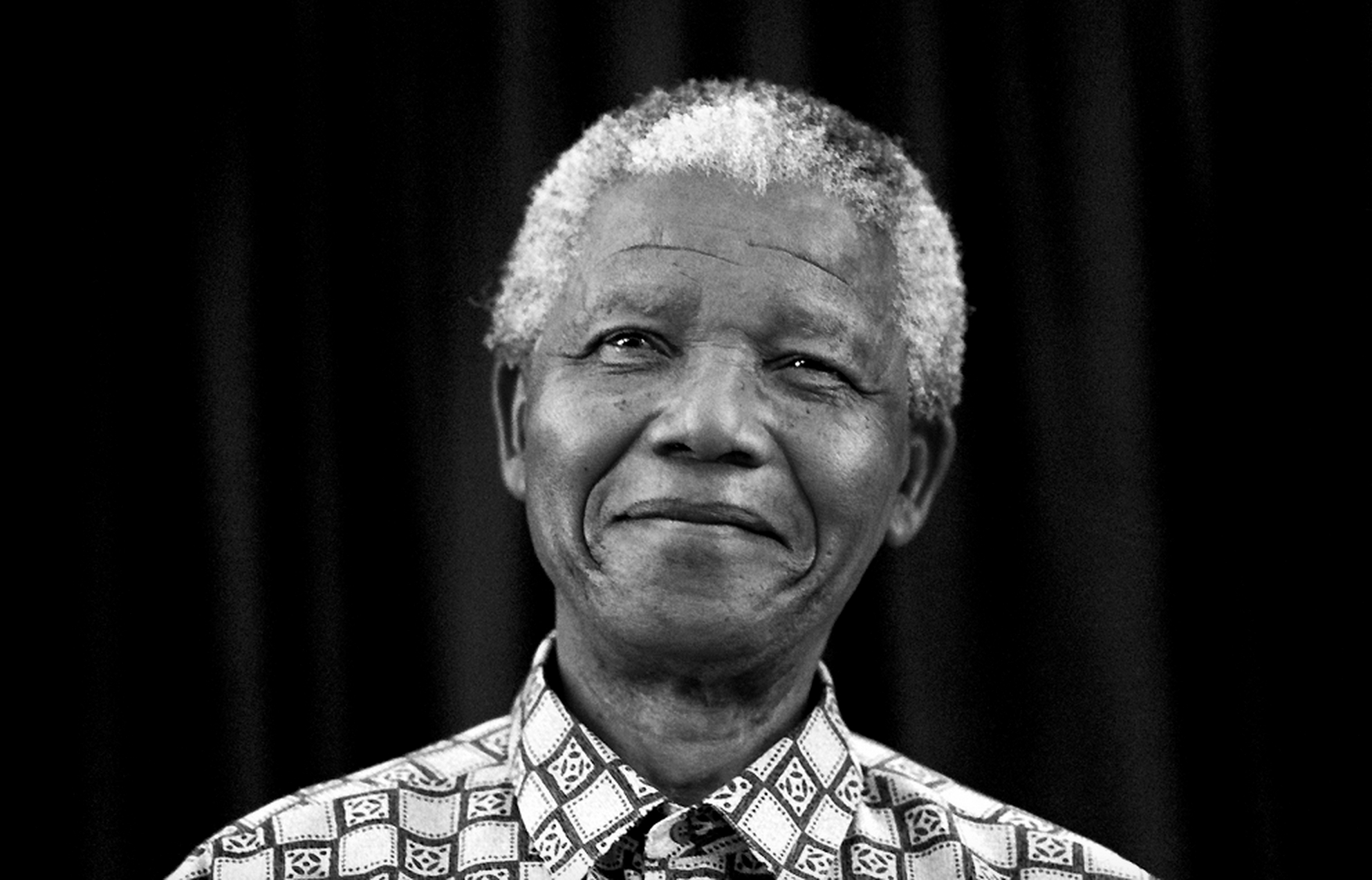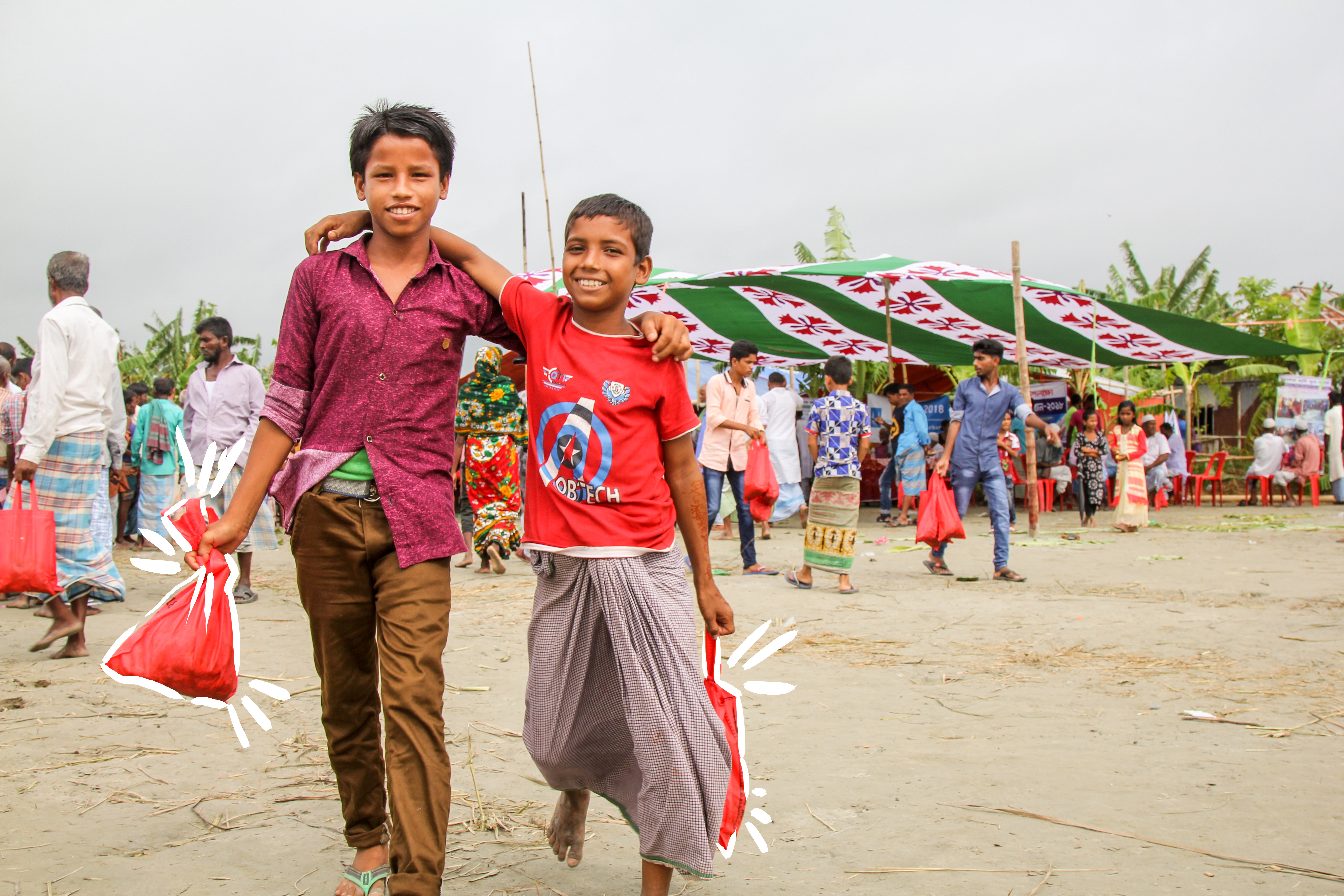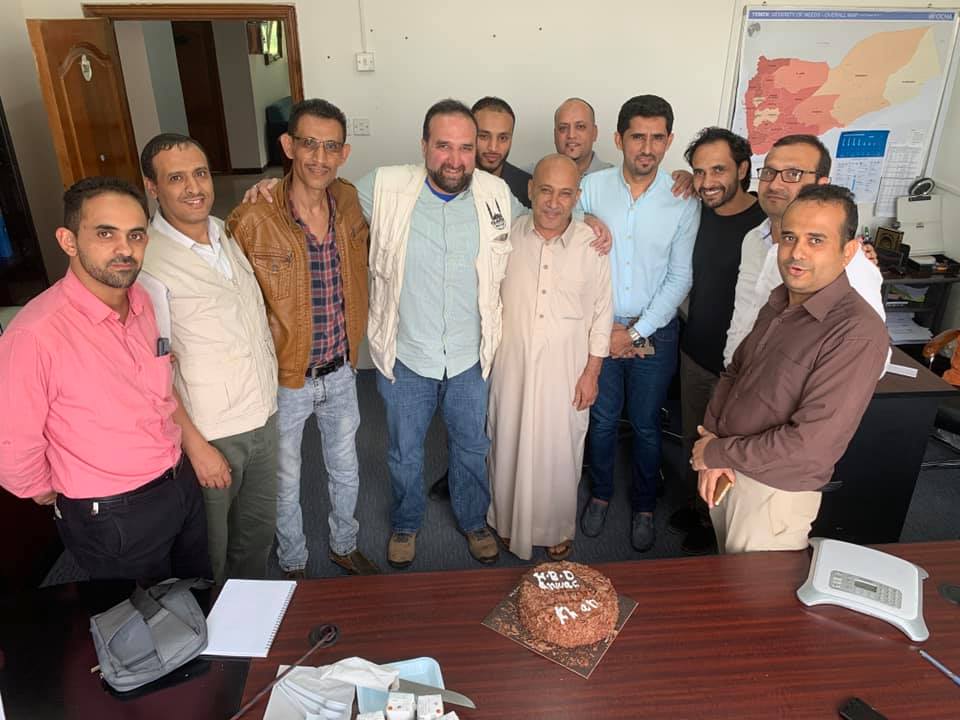Pakistan: Road to Recovery
Inside Islamic Relief USA’s Recent Trip
By Nabeeha Shah
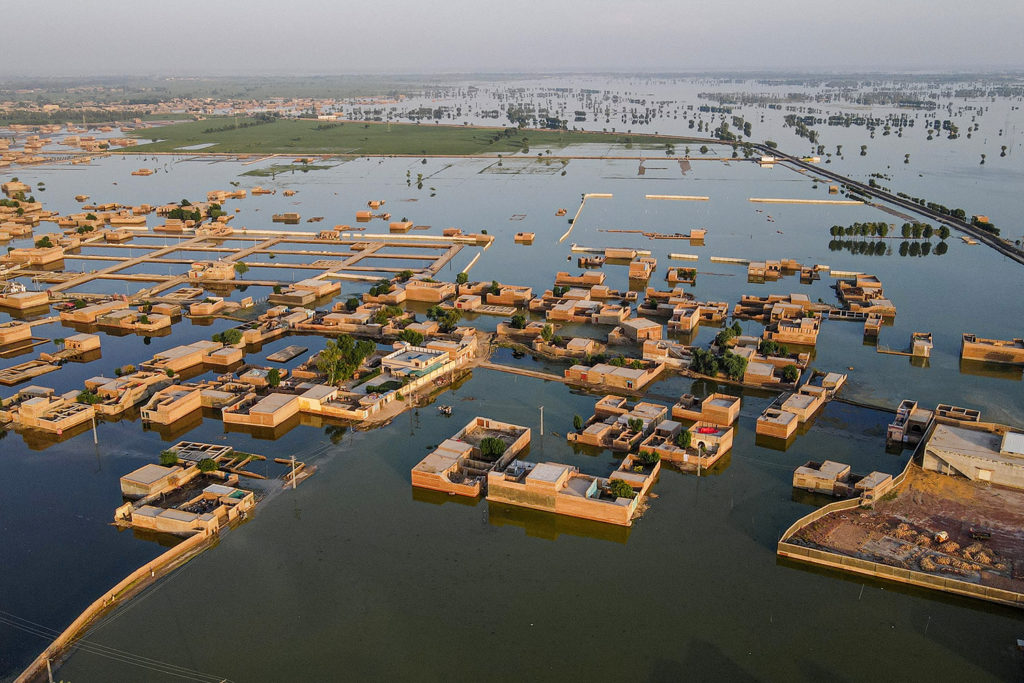
Pakistan has been facing the worst climate disaster in 30 years. The rise in global temperatures has triggered unprecedented glacial melting and monsoon rains, causing disastrous floods in all four provinces of the country including Balochistan, Khyber Pakhtunkhwa, Sindh, and Punjab. One third of the country is submerged and a staggering 33 million people have been affected by this devastating crisis.
Up to 2.2 million people have lost their homes and are without clean water or food, forced to spend their days hungry under the open sky. Over 1.1 million livestock have perished and more than 4.4 million acres of crops have been overtaken by flood waters, ruining the harvest season and decimating food security. Vital infrastructure including roads and bridges have been damaged, making it difficult for people to flee as well as receive aid. A second wave of crisis is imminent as waterborne disease and other health-related challenges are growing rapidly.
This disaster, coupled with the recent pandemic, has only widened existing economic and social inequalities across the country through the disproportionate effect on vulnerable groups like women, the elderly, and people with disabilities.
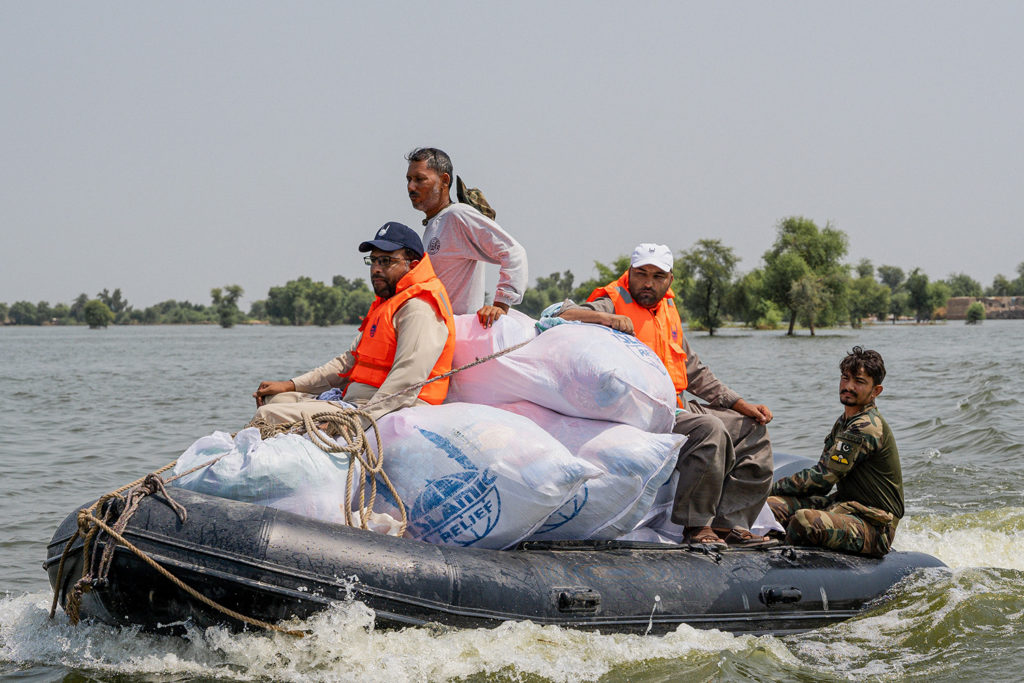
IR’s legacy in Pakistan dates back to 1992.
Right now, we’re on the ground working to help survivors of the floods and ensure long-term support. Upwards of 550,000 people have been assisted with immediate needs including food, water, hygiene kits, emergency shelter, and cash assistance.
During our most recent trip in October, IR staff visited villages across the Sindh province of Pakistan.
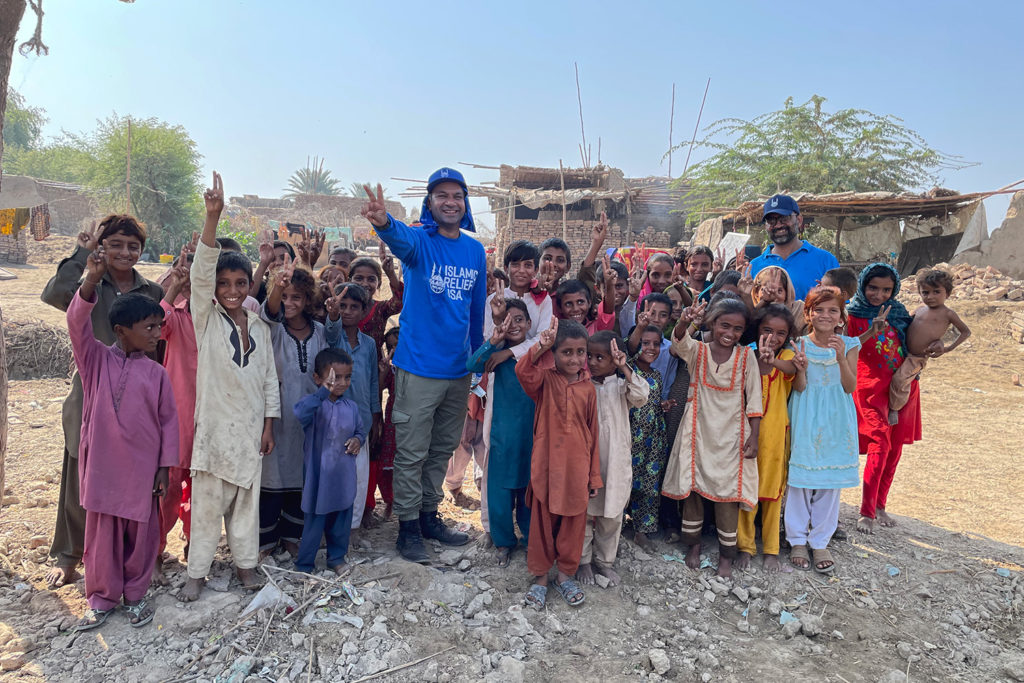
To reach a village in Dadu, the 11th largest city in the province, they had to take a one-way 30-minute boat ride. It used to be walkable farm land. At some points, they reported, the water level is anywhere from 3-6 feet. “For miles and miles, all you see is water,” shared one staff member.
Throughout the trip, IR distributed essential non-food items to families in need.
At the same time, Islamic Relief USA President, Anwar Khan, had the honor of meeting Arif Alvi, the current President of Pakistan. Under discussion was IRUSA’s response to the floods and how we can work together to help rebuild the country. All in all, one thing is clear – the people of Pakistan need our duas and support now more than ever. In the coming year, we plan to help rebuild Pakistan through interventions across food security, livelihood support, and access to clean water and sanitation.
FOOD SECURITY & LIVELIHOOD
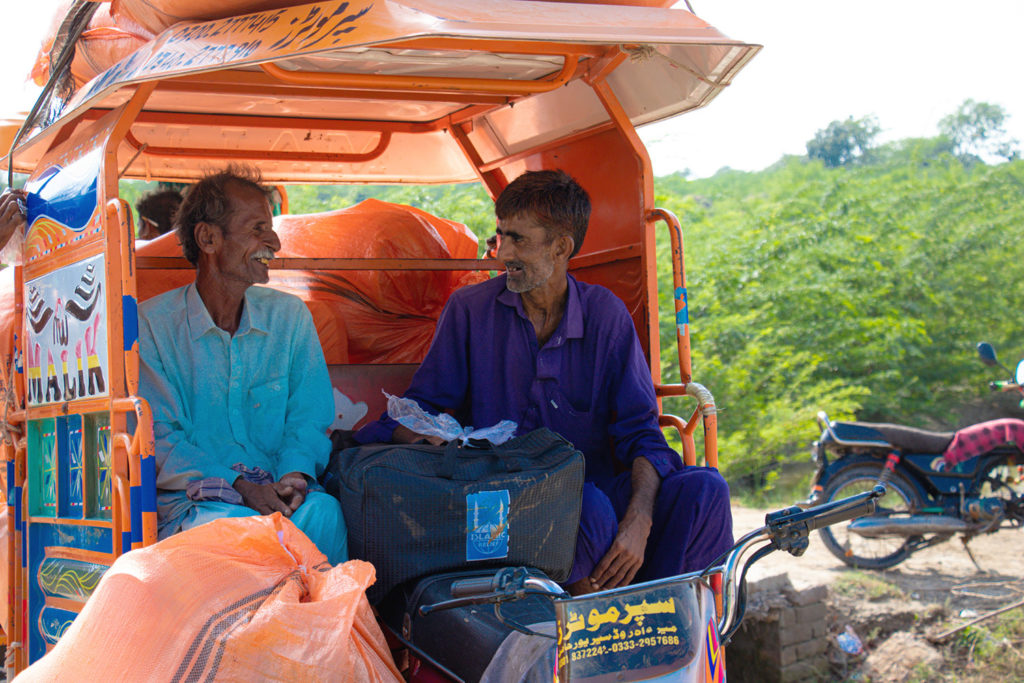
In order to help revitalize the agricultural sector, IR plans to work with farmers and pastoralists to rebuild livelihoods across the country through cash assistance, skill-based training, and replacing livestock lost to the floods. Our efforts will focus special attention on households headed by women, children, and people with disabilities. We will also provide masonry training for staff and local community members in order to construct shelters and multi-purpose community centers.
WATER AND SANITATION
Access to water and sanitation has become a luxury in the parts of the country impacted by the floods. IR is working to improve this access through the provision of latrines as well as community capacity-building training intended to teach community members how to lead recovery and rehabilitation efforts in consultation with relevant stakeholders and government officials.
WOMEN & GIRLS
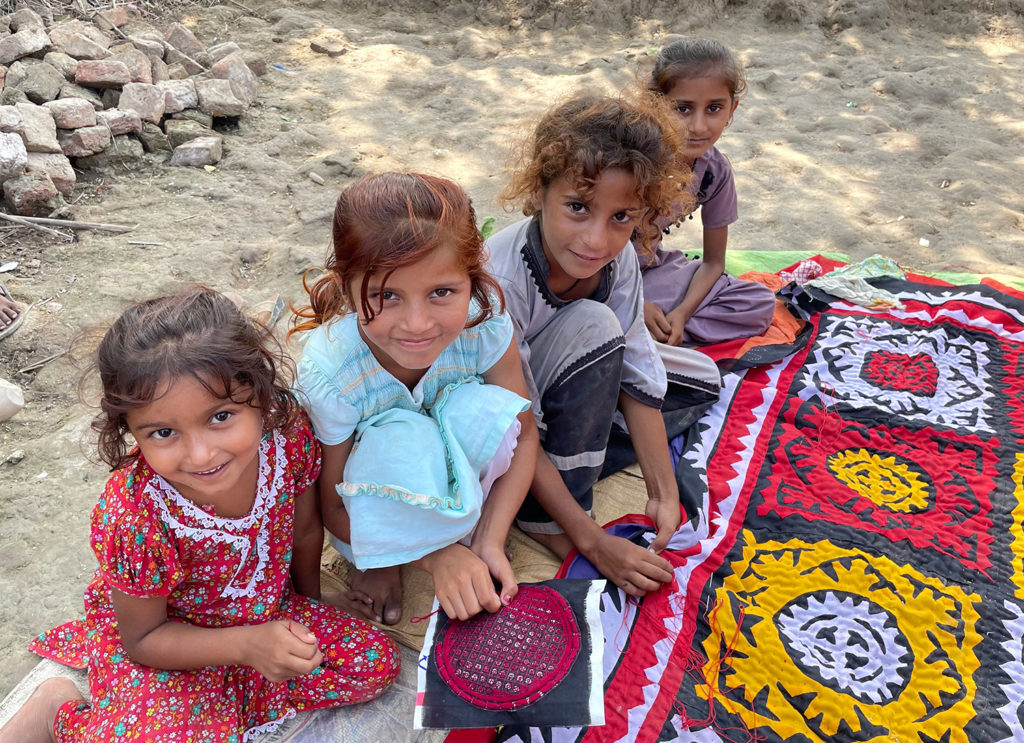
When disaster strikes, promoting the safety of women and children is of the utmost importance. Through community training, we aim to highlight the role of women and girls in society as well as gauge the impact of climate induced trauma on children.
This work is vital to the future of Pakistan. Thanks to our supporters, we’re able to help make it possible. For more information on the floods and what you can do, visit irusa.org/asia/pakistan.

